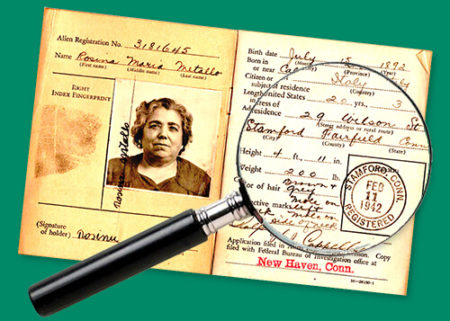Promoting Italian family history and genealogy since 1993
Promoting Italian family history
and genealogy since 1993
IGG Members have access to additional content.
Become a member today and get access to every newsletter we’ve ever sent, exclusive research databases and much more. Learn how to become a member »
The Italian Genealogical Group (IGG) is a not for profit organization that was established in 1993 to provide support for those interested in researching their Italian ancestry.
As a non-profit organization, donations are greatly appreciated.
